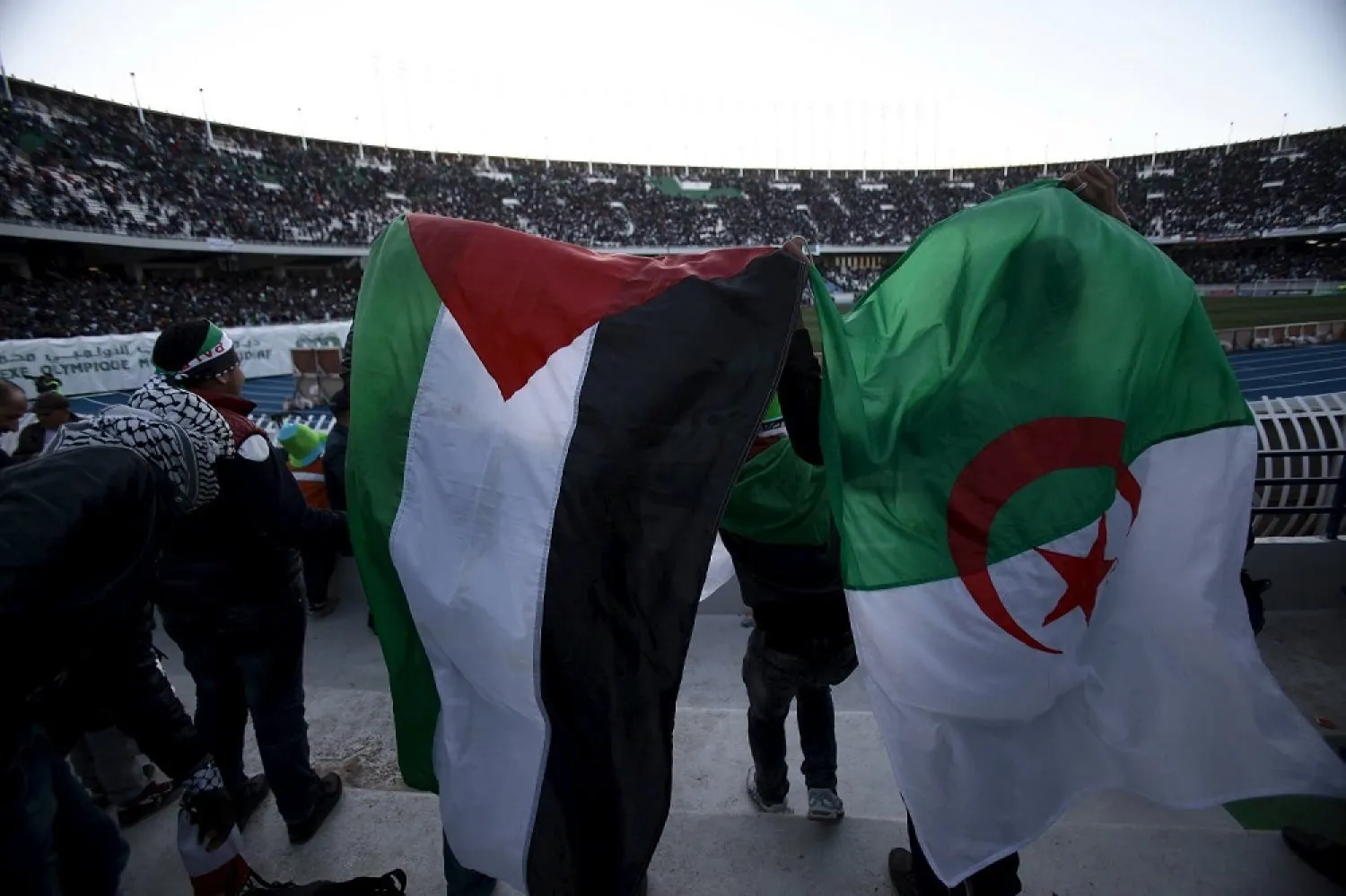Algeria condemned on Sunday the African Union’s (AU) decision to grant Israel observer status.
In a statement, the Foreign Ministry said the move will not impact the AU’s firm stance and support towards the Palestinian cause.
It confirmed that the Union maintains its commitment to embodying the inalienable national rights of the Palestinian people, including their right to establish their independent state with Jerusalem as its capital.
It noted that the decision was taken without prior extensive consultations with all member states and does not have any capacity or character to legitimize the practices and behavior of the new observer, which are entirely contrary to the values, principles and objectives of the Constitutive Act.
The ministry warned that the media uproar over this issue cannot harm the basic requirements for achieving just and lasting peace in the Middle East.
The statement added: “Algeria, which largely contributed to the establishment and consolidation of the strategic partnership between Africa and the Arab world, will maintain its efforts to continue strengthening the solidarity between the two groups for the benefit of all their peoples.”
An Algerian diplomatic source confirmed to Asharq Al-Awsat that the top Algerian authorities were disappointed with the decision of Chairman Moussa Faki to accept Israel as an observer.
The source stressed that Algeria maintains its previous position to reject Israel’s attempts to restore its status after the dissolution of the Organization of African Unity in 2002. Algeria had strongly rejected any possibility of a rapprochement between Israel and the continental body when it hosted the African Summit in 1999.
Last Thursday, AU officials announced that Israel was officially granted the status of an observer member.
“This is a day of celebration for Israel-Africa relations,” said Israeli Foreign Minister Yair Lapid at the time.
“This corrects the anomaly that existed for almost two decades,” he continued, “and is an important part of the strengthening of the fabric of Israel’s foreign relations. This will help us strengthen our activities in the continent and the organization’s member states.”









